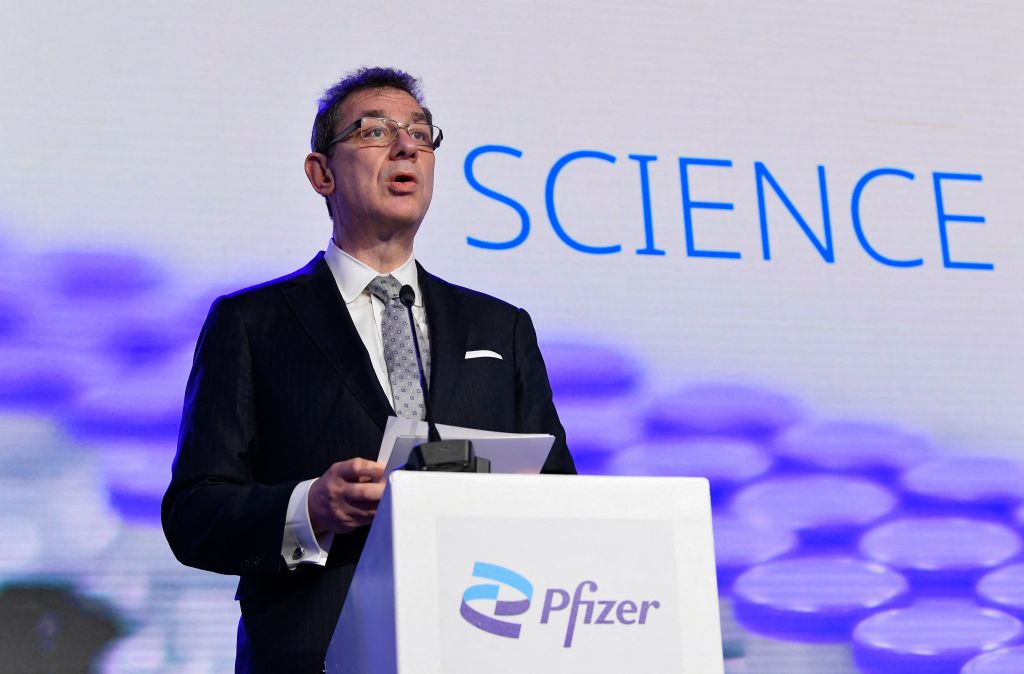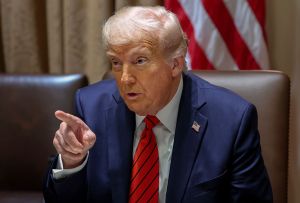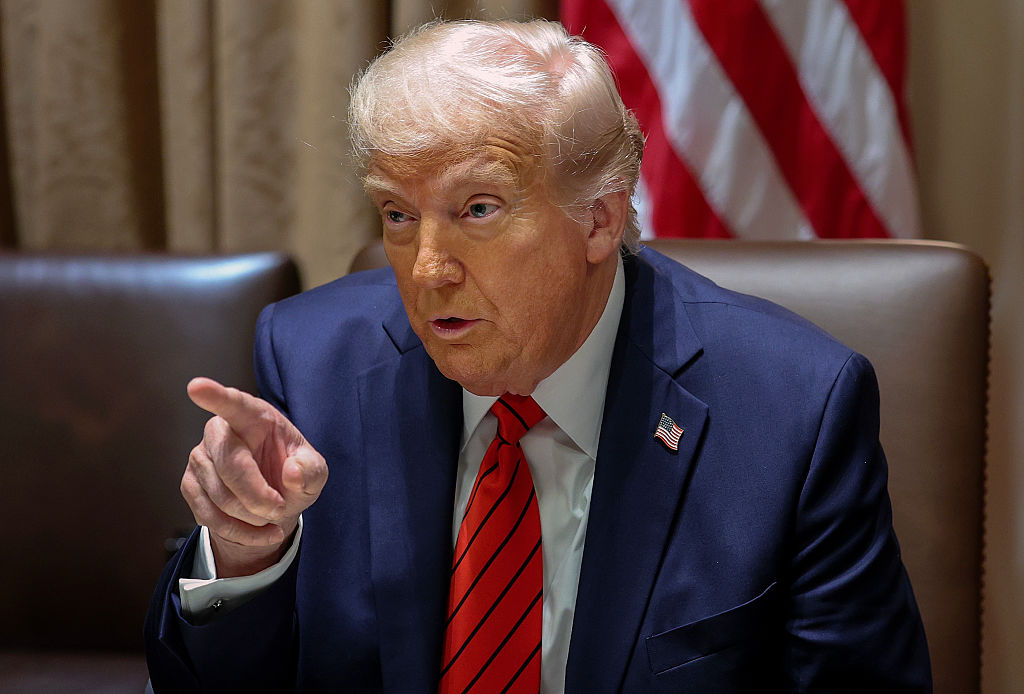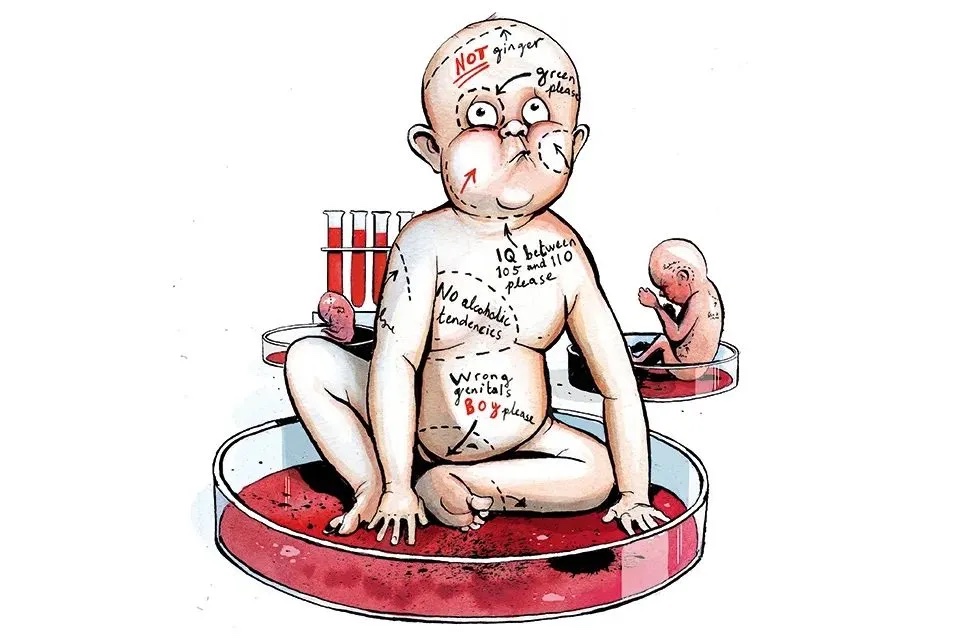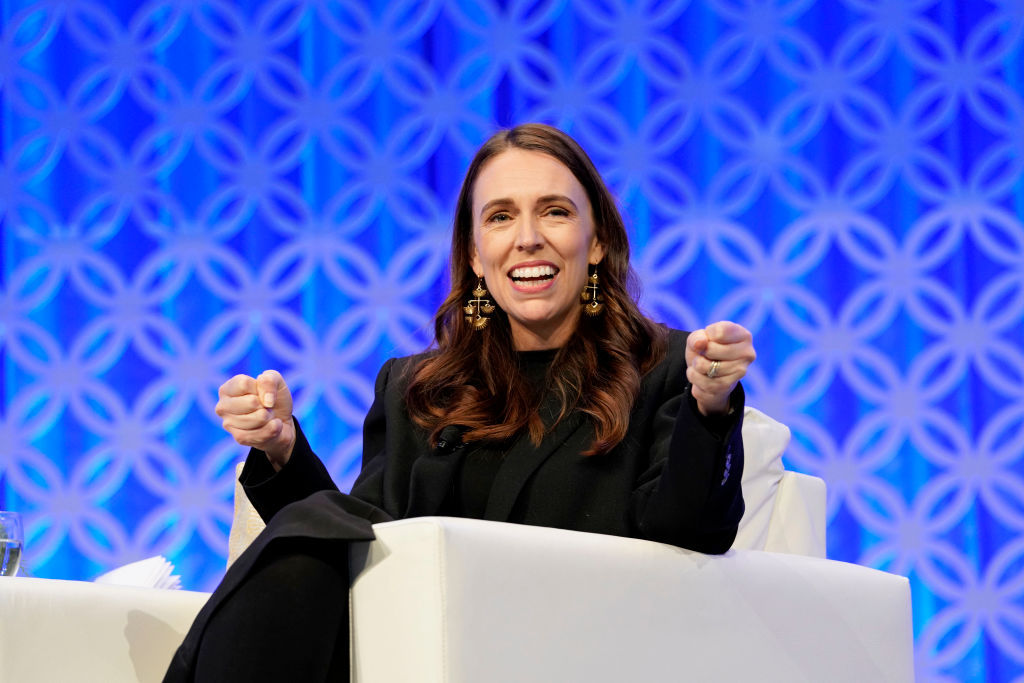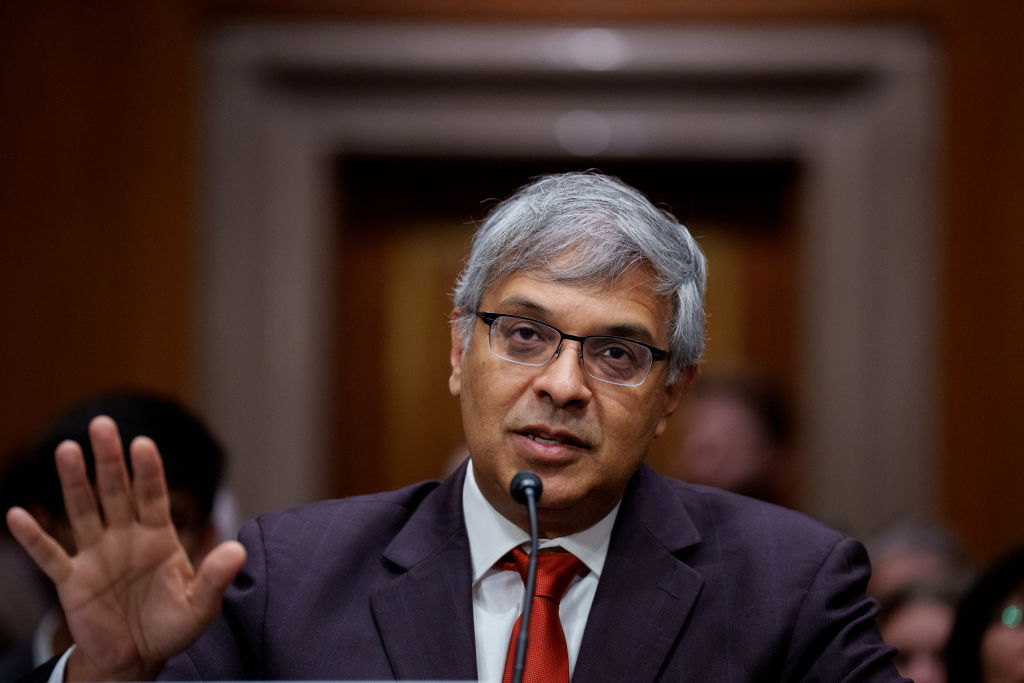What better way to mark the two-year anniversary of “fifteen days to slow the spread” than by getting a fourth Covid shot?
In an interview with CBS’s Face the Nation, Pfizer CEO Albert Bourla told Margaret Brennan, “Right now, the way that we have seen, it is necessary, a fourth booster right now.”
Bourla, who made $17.9 million in 2019 before the pandemic, wasn’t even wearing a white lab coat as he made his diagnosis. No stethoscope from the studio prop room either.
“The protection that you are getting from the third, it is good enough, actually quite good for hospitalizations and deaths. It’s not that good against infections, but doesn’t last very long.”
These giant pharmaceutical companies have developed quite the business model: develop a vaccine that does not stop the spread of a virus and then deem it necessary for the rest of time. Pfizer is still waiting on FDA approval for lucky number four. Once they inevitably get it, can a “necessary” fifth or sixth shot be far behind?
In that same interview, Bourla discussed the pricing of the vaccines and the criticisms his industry still receives from politicians on both sides of the aisle. What he neglected to mention was the major increase in revenue that Pfizer enjoyed over the last two years.
In 2020, before the Covid-19 vaccine was approved, Pfizer made $41.9 billion.
In 2021 their overall revenues doubled to $81.3 billion. According to Reuters, “Pfizer expects 2022 sales of $98 billion to $102 billion, also below estimates of $105.48 billion.”
It’s an ill wind that blows no good. At least if you’re Pfizer.
As Big Pharma’s revenue continues to increase exponentially, so does the public’s distrust in public health. Americans have become skeptical of health officials and bodies such as the Centers for Disease Control and National Institutes of Health. A Harvard poll from May 2021 revealed that only 52 percent of Americans had “a great deal” of trust in the CDC. Only 37 percent of Americans felt the same about the FDA and NIH. You don’t need to be a so-called expert on MSNBC to understand why.
Beyond their frequent moral posturing, green-room cable-news doctors like Dr. Anthony Fauci were constantly talking the talk while not walking the walk. During the two years to flatten the curve, the motto of the chattering classes has been, “Rules for thee, but not for me.”
Certain gatherings — such as Black Lives Matter riots, Hollywood award shows and the LA-based Super Bowl — were deemed acceptable by the “non-political” health officials. These same unelected bureaucrats would deem less fashionable assemblies — like in-person school, in-person church or motorcycle rallies — dangerous super-spreader events. Maybe the danger depended on whether there was a red carpet out front, with cameras recording everyone arriving in their Teslas.
For most people who didn’t have full-blown cases of Trump Derangement Syndrome, the hypocrisy was hard to ignore.
In addition, the experts refused to even contemplate any dissenting opinions. Physicians who criticized the glorification of cloth masks and the short space of time between vaccines doses were written off as right-wing cranks.
Two years later, the CDC is finally acknowledging that many of the criticisms are valid. Recent clinical studies — “peer-reviewed,” as they say — the effects of these virtue-signaling mitigation efforts were marginal at best.
The Los Angeles Times reported that “after recommending for more than a year that people wait only a few weeks between their first and second doses of COVID-19 vaccines, the CDC has adjusted its suggested timeline for some people by another month or so.”
These are huge reversals — which is why you hear so little about them.
Who can blame the average American for raising an eyebrow at the suggestion of essentially perpetual shots, especially considering the minimal risks of the current variant? At this point it would be crazier if people didn’t question the CEO of Pfizer’s new sales pitch.
Fool me once shame on you, fool me four times — shame on me.



